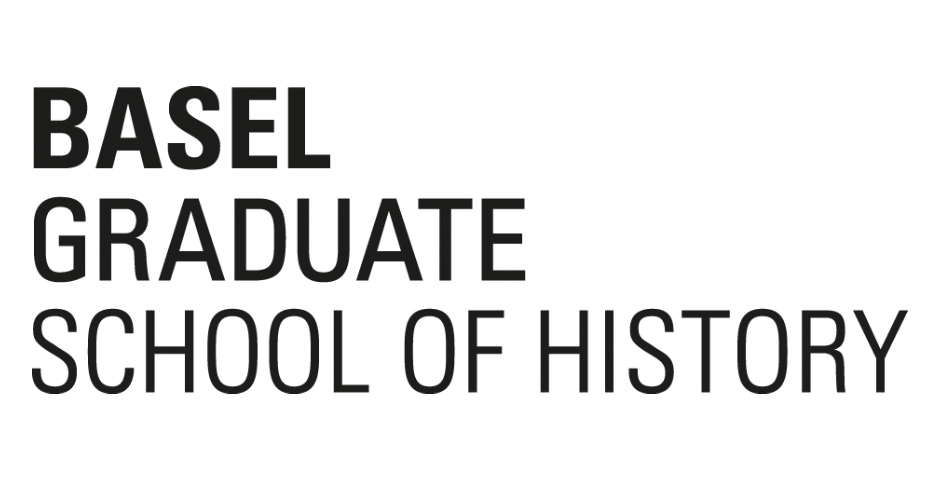
Thanushiyah Korn
Development, Consultancy, and Cooperation - A Global History of Rwanda's Path to Genocide
The PhD project “Development, Consultancy, and Cooperation – A Global History of Rwanda’s Path to Genocide” challenges the hegemonic understanding that the international community failed to halt the 1994 Genocide against Tutsi in Rwanda due to its isolated location, lack of interest, and unwillingness of states to invest finances into the country. Throughout the history of independent Rwanda, nation states such as France and Switzerland and institutions such as the World Bank and NGO’s invested time, resources, personnel, and financial aid in order to promote their respective visions of development in Rwanda. Through a large expat community on the ground, intensive bilateral cooperation, and even foreign military presence, various historical actors maintained close connections to Rwanda. Thus, transnational actors were not outsiders, but an active part of society, which shaped Rwanda throughout the course of the conflict.
Based on close examinations of a unique and extensive corpus of primary sources (including reports, protocols, letters, newspapers, radio broadcasts), the project aims to write a global history of Rwanda’s path to genocide, without treating it as an inevitable outcome of the conflict. By focusing on development practices by the World Bank, the International Monetary Fund, the United Nations, France and Switzerland, the analysis addresses their institutional policies and its impact on Rwandan society, economy, and politics. Further, the project examines how the institutions perceived the country, what visions of development they embraced, and why they chose to invest their resources into the country. Understanding the nature and impact of development practices in Rwanda is necessary to come to terms with the role of the international community in Rwandan society and its involvement in the genocide, where inner 100 days of murder, rape, and destruction, over a million people's lives were erased in front of the eyes of millions of bystanders.
